Featured
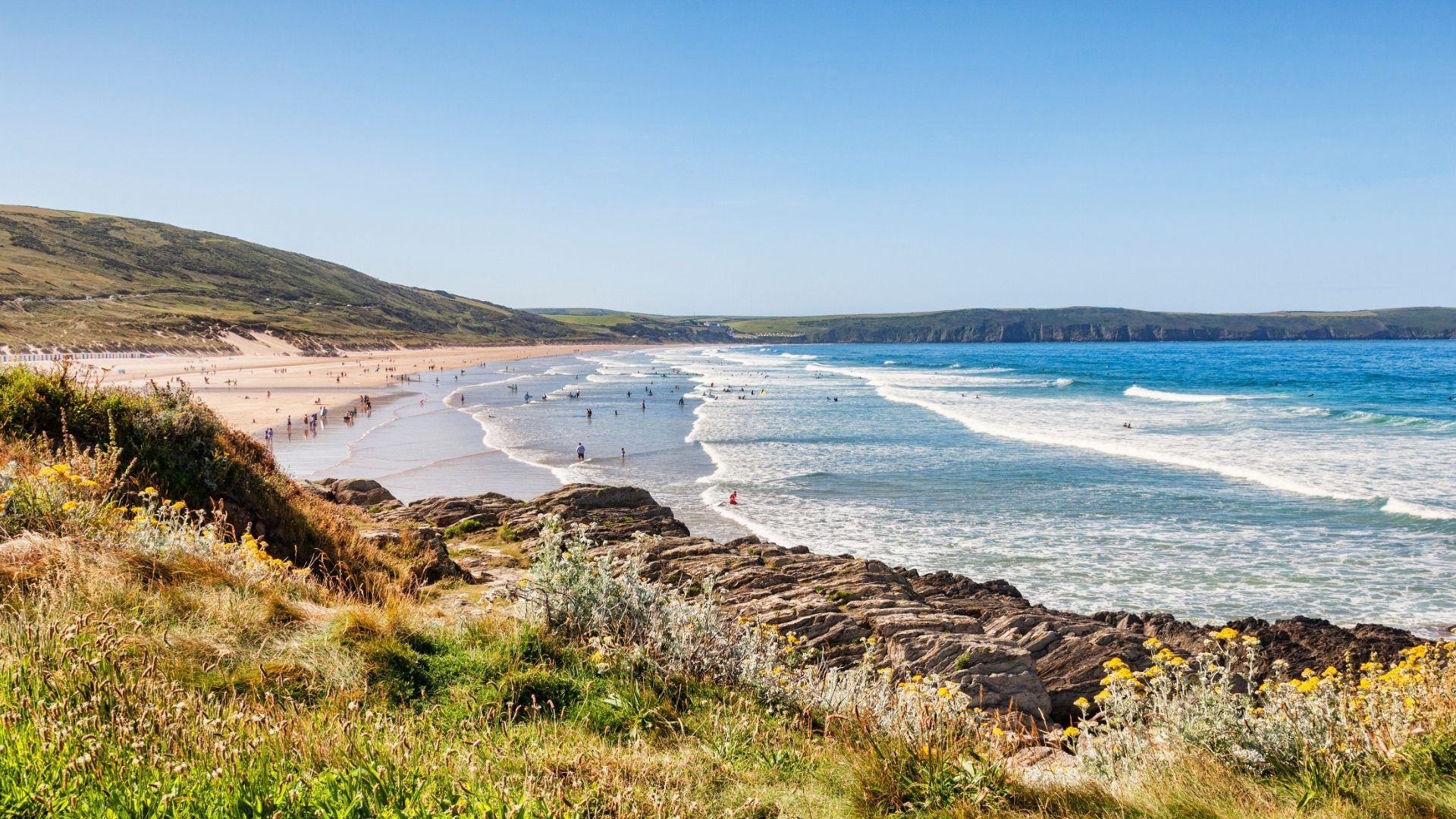
What we love about North Devon and Exmoor
There's so much to adore in this beautiful area...
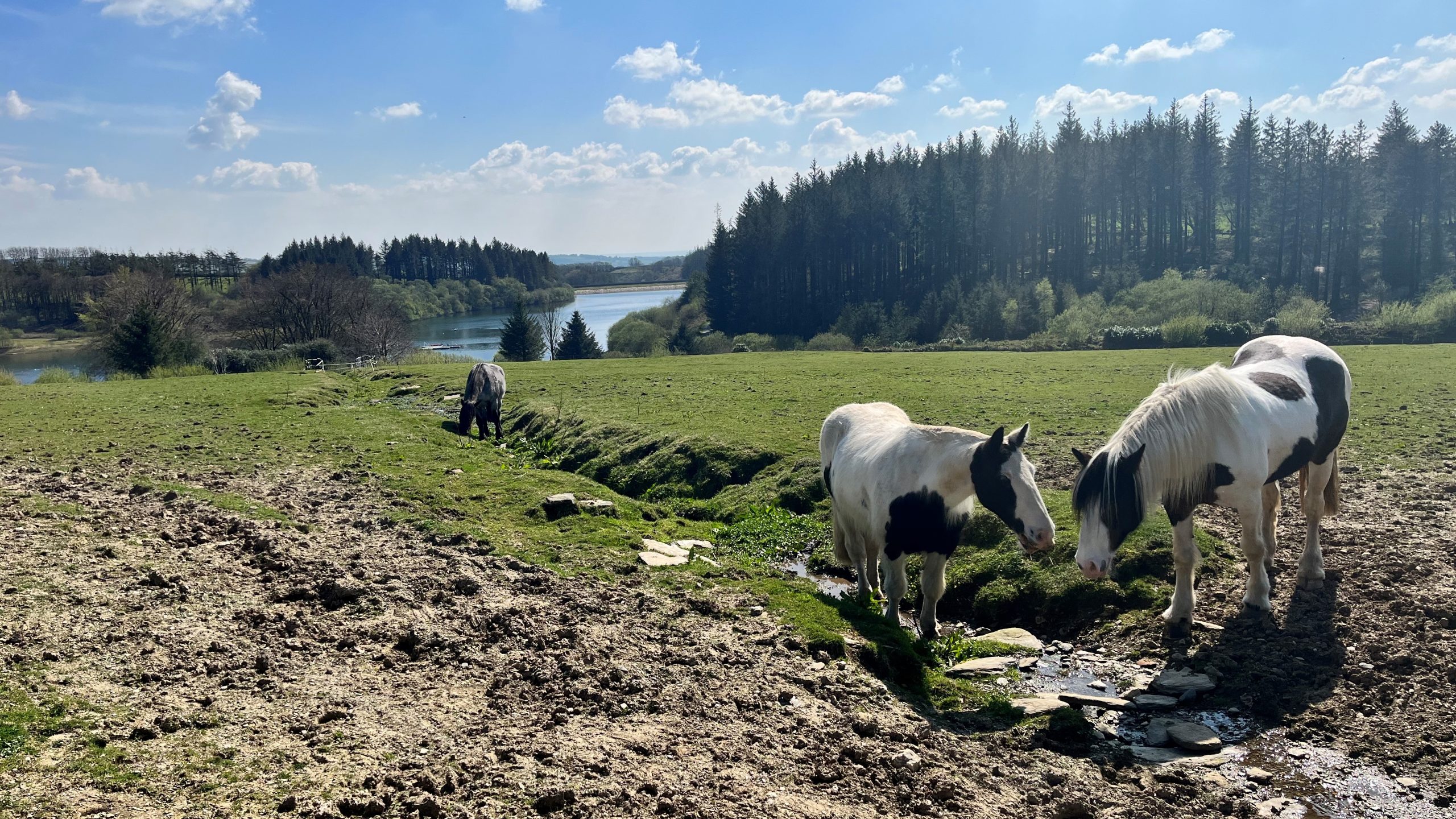
The latest updates from the Calvert Exmoor centre, from exciting announcements to things-to-do inspiration...
Featured

There's so much to adore in this beautiful area...
Featured
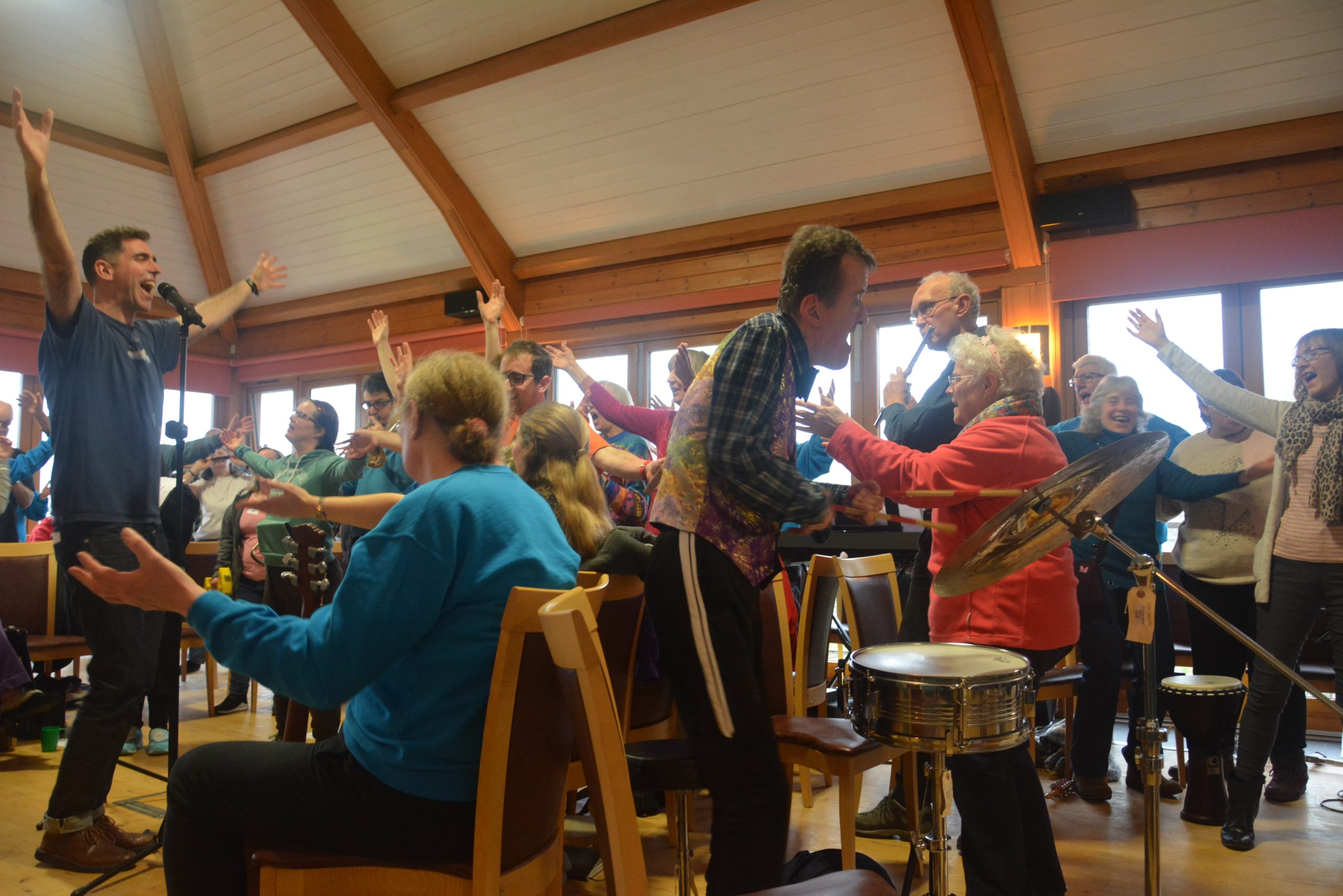
The music-making workshop is back again for 2024...

Win 1 of 3 breaks to Calvert Exmoor with our social media competition
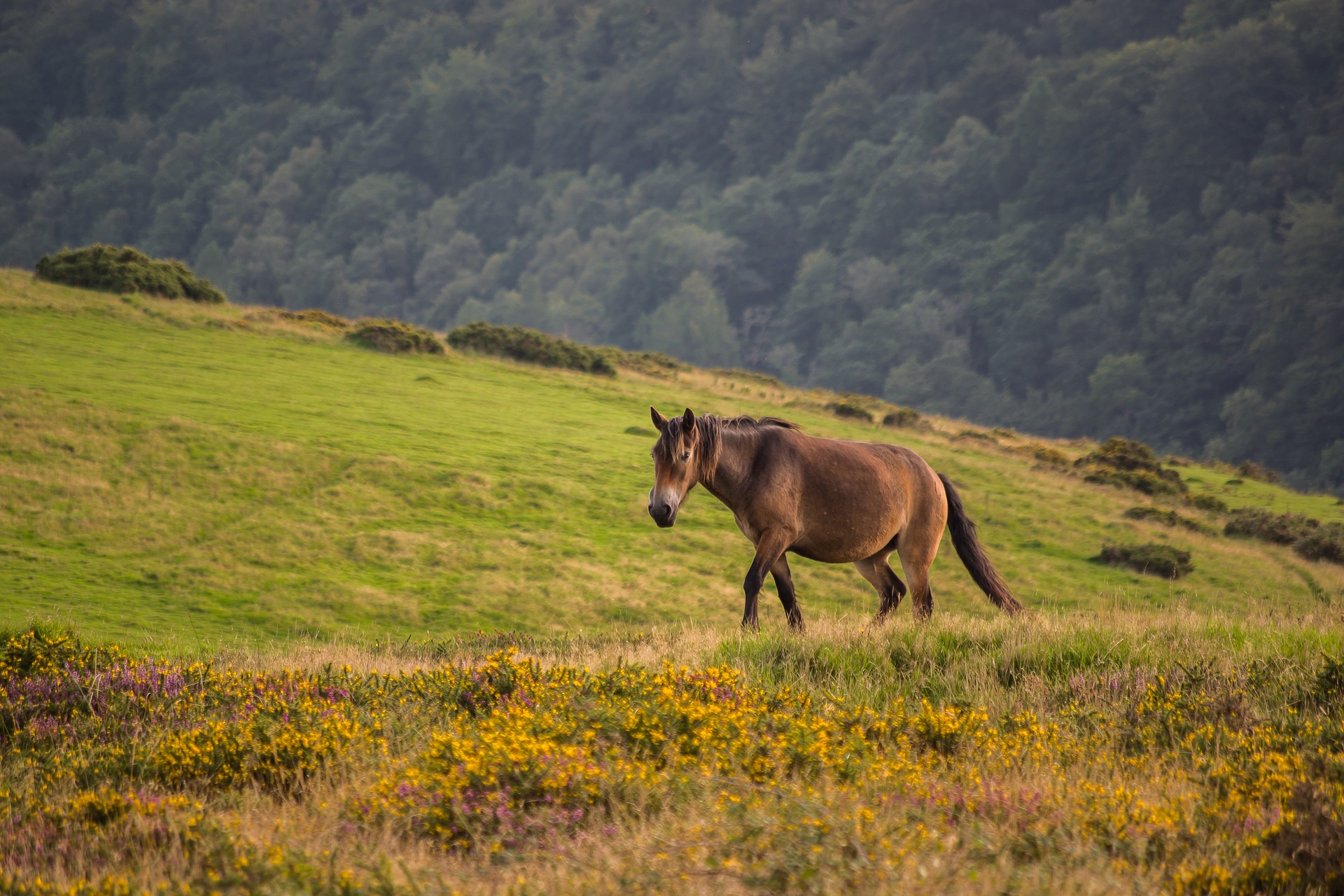
Exmoor National Park has an abundance of exciting facts...
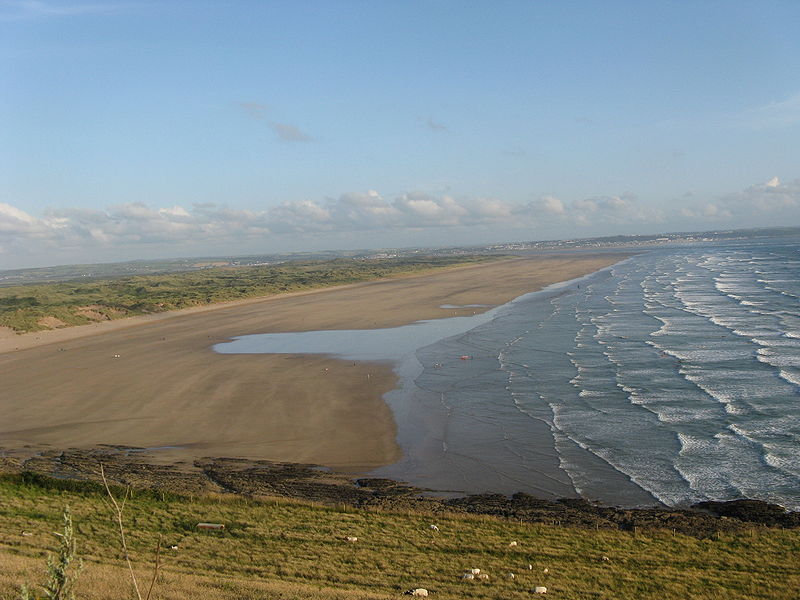
Fancy visiting a North Devon beach? Go for it, and don't let disability hold you back...
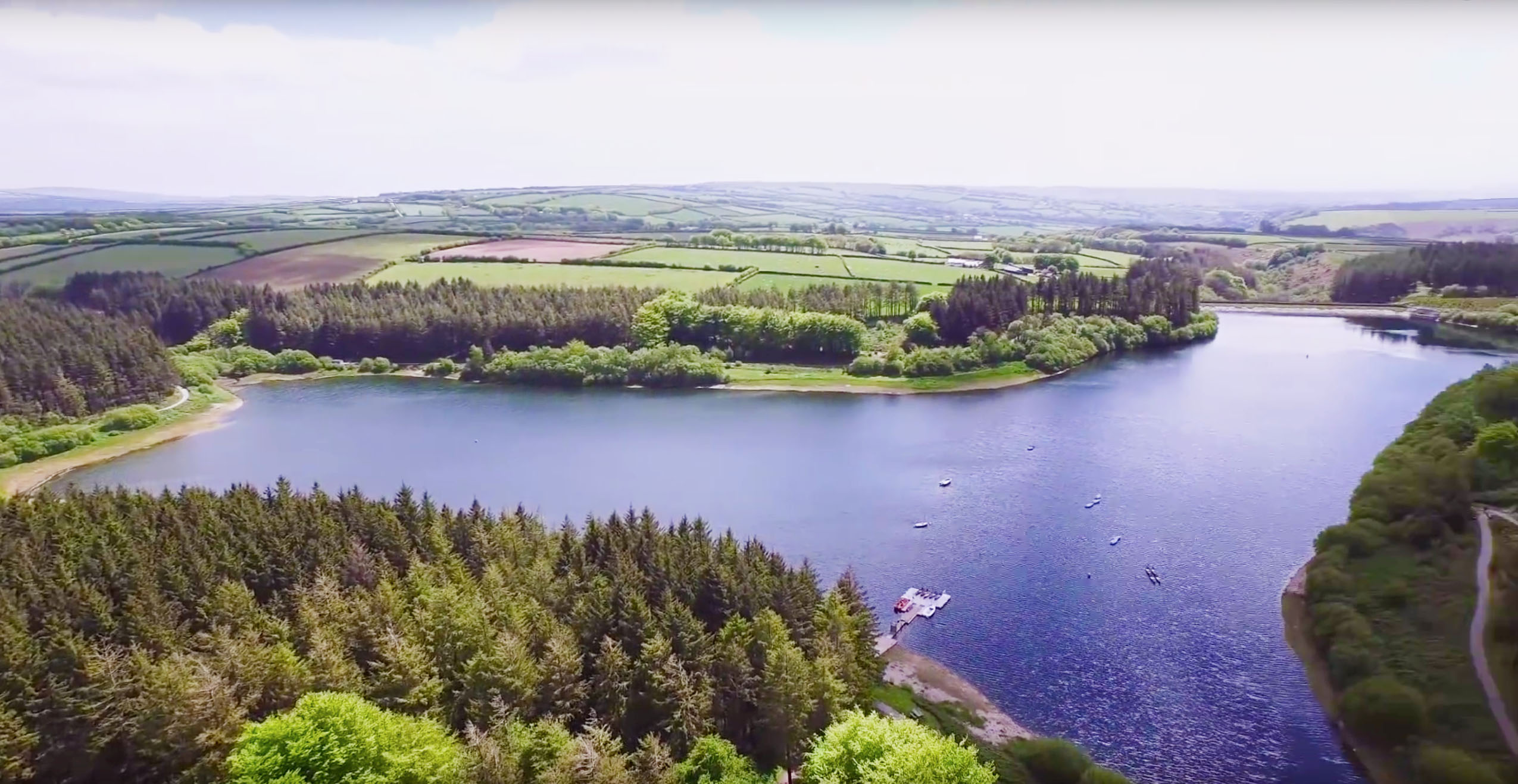
From Wistlandpound Reservoir to National Trust properties, where could you take a wheelchair...

Talking about disabilities doesn't need to be daunting...
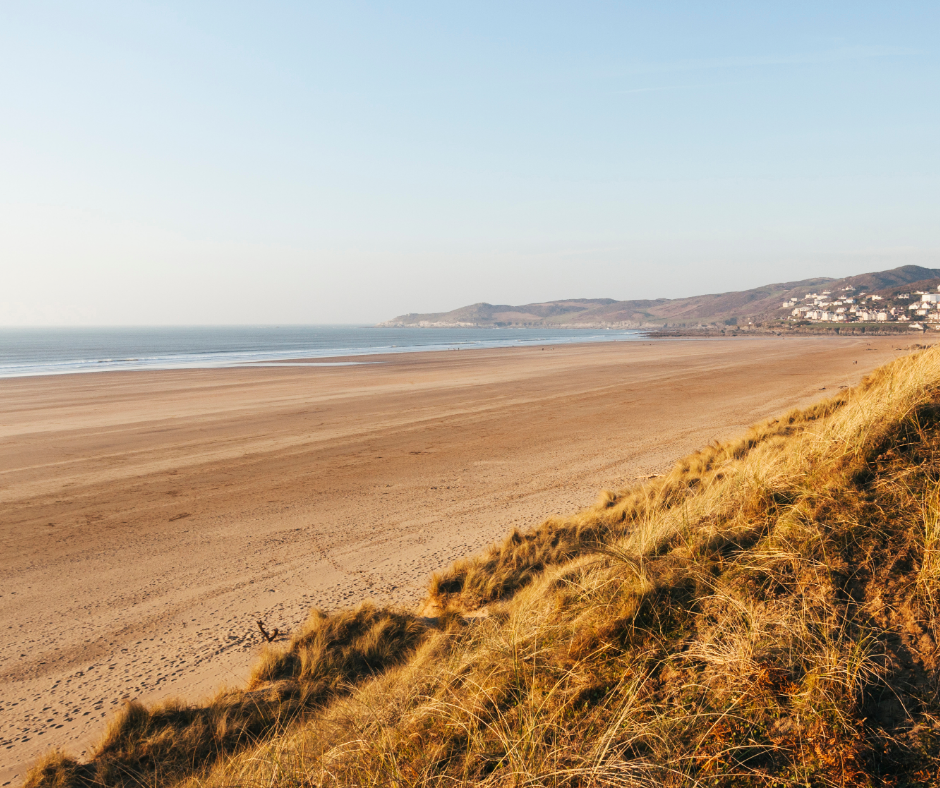
When you visit us, you’re never too far from numerous picturesque seaside locations and the ability to hire beach wheelchairs...

You don't need a new wardrobe, but there is a list of sensible items to be aware of...

It's not just our fun activity sessions you can enjoy, check out what the local area has to offer...

Did you know there could be up to 300 distinct forms of sign language worldwide?